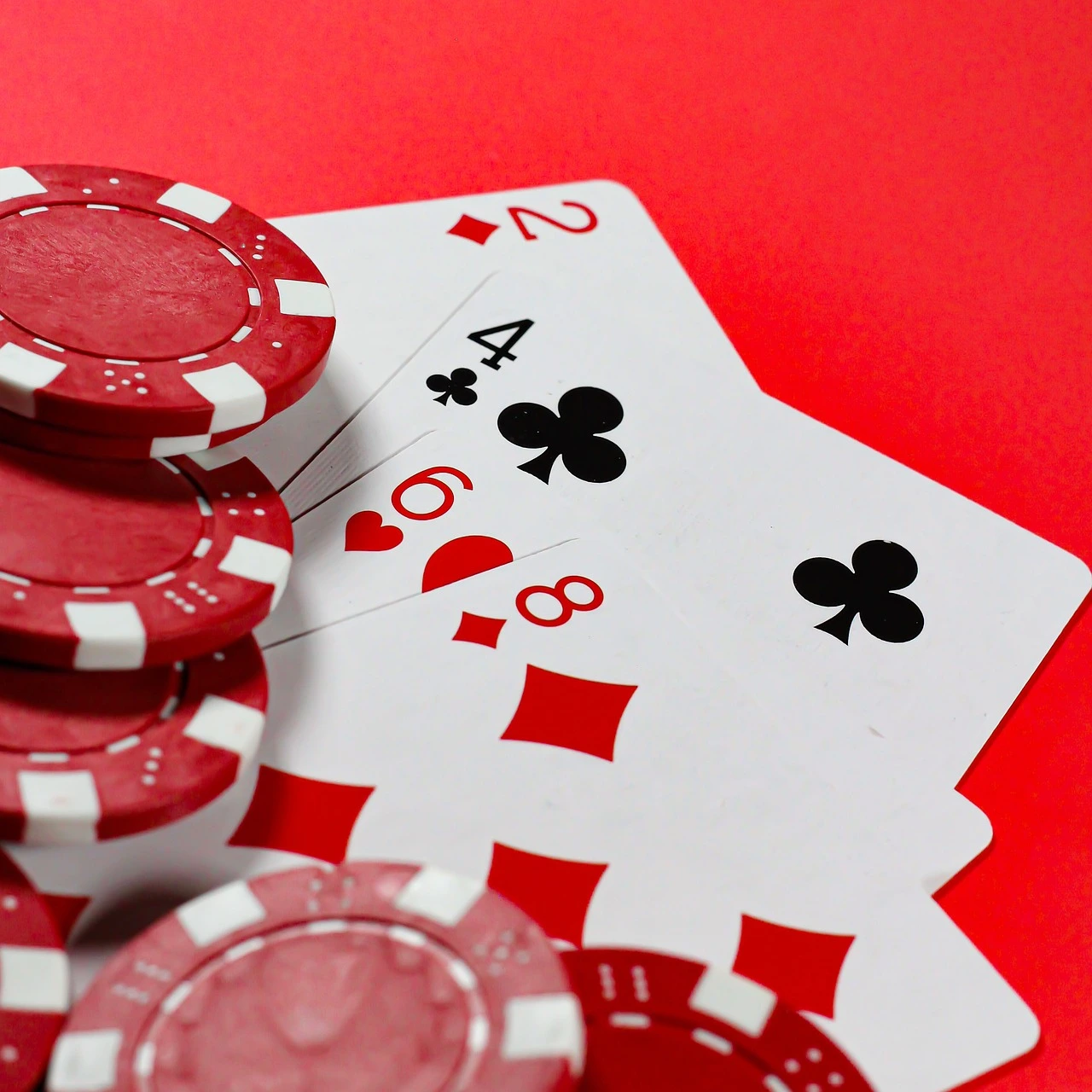Casino games have long been a source of fascination, drawing millions of people to casinos worldwide, both physical and online. Behind the flashing lights, enticing sounds, and the allure of winning, lies a complex web of psychological factors that make these games incredibly addictive. This exploration of the psychology of casino games delves into the underlying reasons why they captivate players and keep them coming back for more.
1. The Gambler’s Fallacy
One of the most prevalent psychological factors contributing to the addiction of casino games is the gambler’s fallacy. This cognitive bias leads players to believe that past outcomes affect future ones, even in games of pure chance. For example, if a roulette wheel has landed on black several times in a row, a player might erroneously believe that red is “due” to come up soon.
2. Near-Miss Experiences
Casino games often incorporate “near-miss” experiences, where players come tantalizingly close to a win but fall just short. These near-misses trigger a psychological response in the brain, creating a sense of almost winning that can be more motivating than a clear loss. Players interpret near-misses as indicators that they are on the verge of a big win, fueling their desire to keep playing.
3. Variable Reward Schedules
The use of variable reward schedules is a potent tool employed by casino games. Unlike predictable rewards, where every action leads to the same outcome, variable rewards are unpredictable and inconsistent. Slot machines, for example, use this technique by offering different payouts and bonus rounds at irregular intervals. This unpredictability keeps players engaged, as they are constantly chasing the excitement of a potential big win.
4. The Dopamine Effect
Dopamine, a neurotransmitter associated with pleasure and reward, plays a pivotal role in the psychology of casino games. Winning, even in small amounts, triggers the release of dopamine in the brain. This pleasurable sensation reinforces the behavior of playing casino games, encouraging players to continue in pursuit of that rewarding feeling.
5. Loss Aversion
Loss aversion is a psychological phenomenon wherein people feel the pain of losses more intensely than the pleasure of equivalent gains. Casino games capitalize on this bias by offering players the opportunity to chase losses, in the hope of recouping their money. This fear of loss can lead to irrational and risky decision-making.
6. The Illusion of Control
Many casino games provide players with choices and decisions, even in games of pure chance. This illusion of control leads players to believe that their actions can influence the outcome, when in reality, the games are designed to favor the house. For example, players in blackjack make decisions about when to hit or stand, giving them a sense of control over the game.
7. Social Validation
The social aspect of casino games can contribute to their addictive nature. Winning or sharing stories of big wins with others can lead to a sense of social validation and acceptance. Conversely, losses may prompt players to continue gambling to avoid the shame or embarrassment associated with defeat.
8. Escapism and Flow State
Casino games often provide an escape from the stresses and challenges of everyday life. When players become deeply engrossed in a game, they enter a state of flow—a mental state characterized by complete absorption and focused attention. This immersive experience can be highly satisfying and addicting, as it offers a break from reality.
9. Cognitive Biases and Superstitions
Cognitive biases and superstitions also play a role in the addictive nature of casino games. Players may develop irrational beliefs or rituals, such as lucky charms or specific betting patterns, that they believe influence the outcome of the game. These superstitions add an element of mystique and excitement to gambling.
10. Loss of Temporal Perspective
When engrossed in casino games, players often lose track of time. The absence of clocks and natural light in many casinos contributes to this phenomenon. As players become disconnected from the passage of time, they may continue to gamble for extended periods, chasing wins or recovering losses.
In Conclusion
The psychology of casino games is a complex interplay of cognitive biases, neurochemical reactions, and the allure of winning. Understanding why these games are so addictive is essential for individuals to make informed choices about their gambling behaviors. While casino games offer entertainment and the potential for financial gains, they also pose significant risks for those susceptible to addiction. Responsible gambling practices and awareness of the psychological traps are crucial in ensuring that the enjoyment of these games does not lead to harmful consequences.
